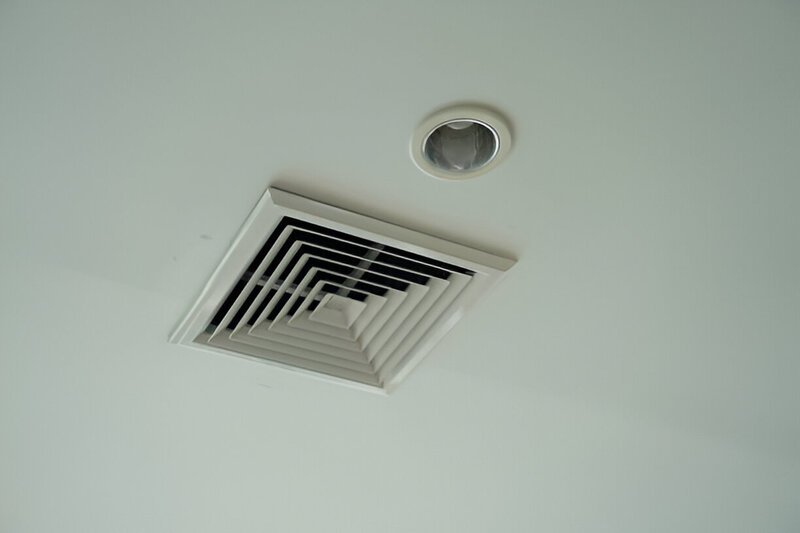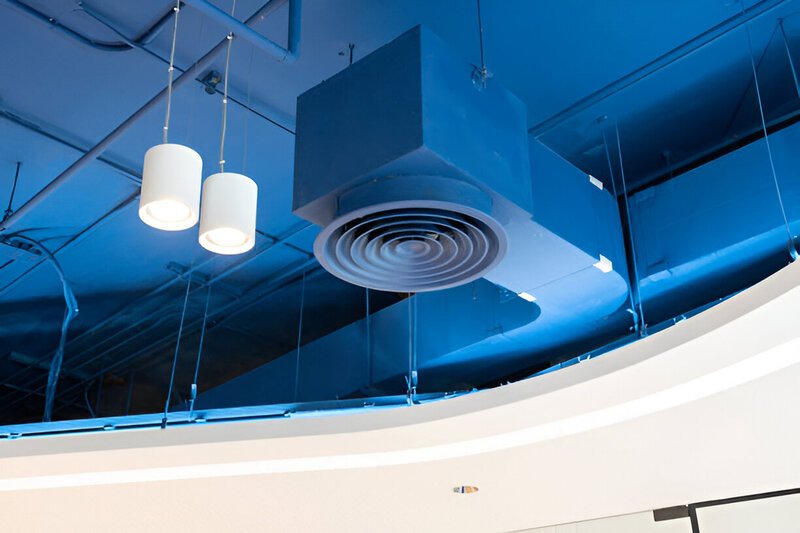As autumn colours give way to winter chills, how many of us have paused to consider the reliability of our heating systems? When was the last time you invested in regular maintenance or even thought about the machinery that chuffs warm comfort into our living spaces? Amid winter’s harsh reality, a malfunctioning heater can be more than just a mild inconvenience; it could result in a freezing house, potential health risks, and unexpected repair bills. In this detailed look into the world of heating repairs, we’ll explore the common issues that might prompt a service call and offer a knowledgeable perspective on how to handle them.
Our journey begins with understanding the different types of heaters and their unique characteristics. We’ll dive into the intricate workings of a heating system, risk factors, and examine the line between DIY fixes and professional intervention. Our aim? To provide you, dear reader, with a comprehensive guide that not only educates but empowers you to make the right decisions concerning the common issues in heating repair services.
So, buckle up and get ready to embark on this educational tour. We promise to take it slow, with easy-to-understand explanations, practical tips, and expert insights. By the end of this guide, you’ll be well-equipped to navigate the somewhat complex landscape of heating repair services.
Understanding Your Heating System Types and Their Common Issues

The first step in our exploration is to understand the different types of heating systems. Identifying your heating system’s type, whether it’s a furnace, heat pump, or boiler, lays the foundation for understanding common problems each may encounter.
- Furnaces: Furnaces are one of the most common heating systems in residential homes. These systems use either gas, oil, or electricity to heat air, which is then distributed through the home via ducts. Common issues include dirty filters, ignition or pilot control problems, malfunctioning thermostats, and worn-out blower components.
- Heat Pumps: A heat pump works by transferring heat from outside air or ground sources into your home. They are highly efficient but can run into problems such as refrigerant leaks, frozen coils, and sensor malfunctions.
- Boilers: Boilers use water to distribute heat throughout your home, often through radiators or radiant floor heating. Common boiler issues include kettling (which happens when water flow is restricted), low water pressure, and thermostat failure.
Understanding the type of system in your home is crucial for diagnosing problems and ensuring appropriate repairs. Knowing these systems’ unique characteristics can help you anticipate the types of repairs or maintenance that might be necessary.
Recognizing the Warning Signs
Next, we’ll walk you through some of the most common warning signs that indicate potential problems in your heating system. From strange noises to inadequate heating, knowing when to seek professional business help is crucial. Ignoring these signs can result in more significant problems, leading to costly repairs or complete system failure.
- Strange Noises: Unusual sounds, like banging, clanking, or whistling, are often signs of mechanical issues. In furnaces, this could indicate a problem with the blower motor or ductwork. For boilers, it could be kettling or trapped air in the system. Heat pumps may produce clicking or hissing sounds, pointing to electrical issues or refrigerant leaks.
- Inadequate Heating: If your system isn’t providing enough heat, it could be due to various reasons. For furnaces, this might be related to dirty filters or thermostat malfunctions. Heat pumps could suffer from low refrigerant or a malfunctioning compressor. Boilers might struggle with low water levels or valve problems.
- Cycling On and Off Frequently: This issue, known as short cycling, can affect furnaces and heat pumps. It often points to thermostat calibration issues, clogged filters, or an oversized unit that is too powerful for the space.
- Increased Energy Bills: A sudden spike in energy bills without an increase in usage can indicate that your heating system is working harder than it should. This is often due to inefficiency caused by dirty filters, worn-out parts, or general wear and tear.
Recognizing these signs early on can prevent small issues from turning into major repairs. It also allows you to call a technician before your system completely breaks down.
DIY Fixes Vs. Professional Services
There’s a thin line between a problem that requires simple DIY intervention and one that calls for a professional’s touch. Here, we delve into that distinction, offering guidance on which problems you can tackle yourself and which are better left to the experts.
DIY Fixes:
- Dirty Filters: Replacing a dirty or clogged filter is one of the simplest DIY tasks that can improve airflow and efficiency in a furnace or heat pump.
- Thermostat Calibration: Sometimes, adjusting the thermostat can fix minor heating issues. Ensure your thermostat is set correctly and clean, especially if it’s an older, non-digital model.
- Vent Blockages: Inspect and clear any blockages from vents and registers to maintain proper airflow in your heating system.
- Refrigerant Leaks: This is common in heat pumps and requires a certified technician to handle and repair, as refrigerant is a hazardous substance.
- Mechanical Failures: If your furnace blower motor fails or your boiler’s pump is malfunctioning, professional expertise is essential for safe and efficient repairs.
- Electrical Problems: If your heating system refuses to turn on, short circuits, or blows fuses, it’s time to call in a professional. These issues require an in-depth understanding of electrical systems and could be dangerous to address without training.
When to Call a Professional:
- Refrigerant Leaks: This is common in heat pumps and requires a certified technician to handle and repair, as refrigerant is a hazardous substance.
- Mechanical Failures: If your furnace blower motor fails or your boiler’s pump is malfunctioning, professional expertise is essential for safe and efficient repairs.
- Electrical Problems: If your heating system refuses to turn on, short circuits, or blows fuses, it’s time to call in a professional. These issues require an in-depth understanding of electrical systems and could be dangerous to address without training.
Expectations for a Skilled Heating Repair Service
Sometimes, a call to the specialists is inevitable. This section sheds light on what you can expect from a professional heating repair service, from the pre-visit assessment to the final bill.
A technician will first assess the system, identifying potential problems. They might run diagnostic tests, inspect your system’s components, and provide an estimate before any repairs begin. Common fixes can include replacing faulty parts, cleaning system components, or even installing a new unit if necessary. The cost of professional repairs varies widely, depending on the issue, but always get a quote in writing before proceeding.
Keeping Your Heating System in Top Shape: Tips and Strategies
Maintaining your heating system is key to its longevity and smooth operation. We’ll share expert tips and strategies to keep your system running efficiently and prevent the most common issues from arising.
- Schedule Regular Maintenance: At least once a year, have your system professionally inspected and serviced.
- Clean or Replace Filters Regularly: Change your filters every 1-3 months, depending on usage and filter type.
- Monitor Energy Bills: Keep an eye on your energy consumption. A sudden spike in costs can be an early warning of system inefficiency.
- Check for Leaks: Inspect ductwork for leaks, particularly if you notice uneven heating throughout your home.
Conclusion
The journey through the complex world of heating repair services ends here, but the knowledge gained will continue to serve you through mild autumns and harsh winters. A functioning heating system isn’t just another home appliance; it’s a crucial part of home comfort and safety. Understanding its intricacies, recognizing potential problems, and investing in regular maintenance could save you unexpected inconvenience and hefty repair bills. No doubt, there’s always a place for professional intervention and service, but staying informed is your first line of defence. Indeed, the heat you save might just be your own.


